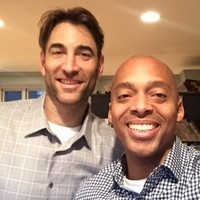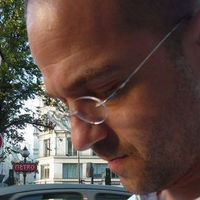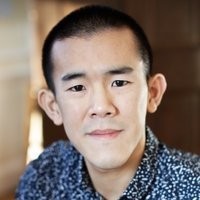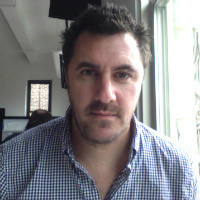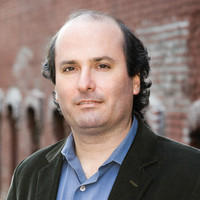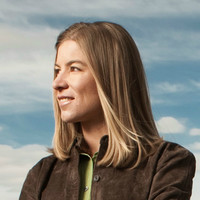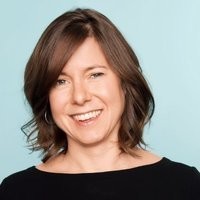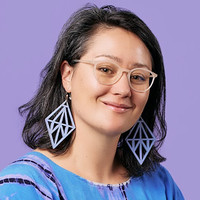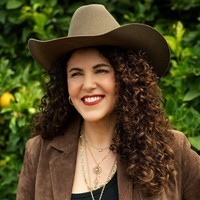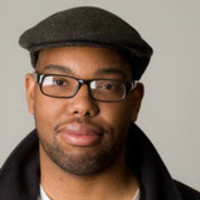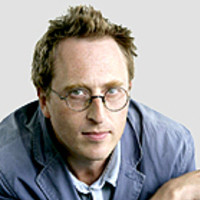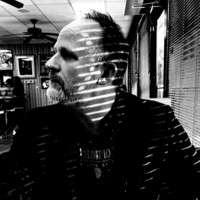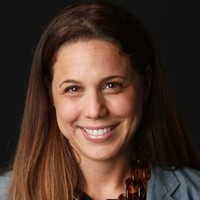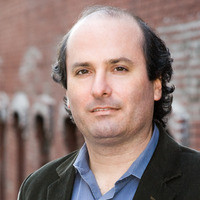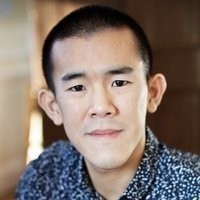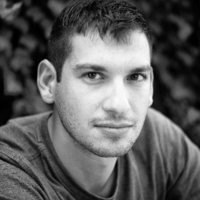Ben Austen is a journalist and the author of High-Risers: Cabrini-Green and the Fate of American Public Housing. Khalil Gibran Muhammad is the Ford Foundation Professor of History, Race and Public Policy at Harvard Kennedy School and the author of The Condemnation of Blackness: Race, Crime, and the Making of Modern Urban America. Together they host the podcast Some of My Best Friends Are.
”We're not pretending to have all the answers, but we are attempting to say, ‘this is a real issue and it can't be covered up by simply ignoring it.’ And if you can see it for what it is and all of its full dimensions, you have a better shot at bringing people along to get the work done to fix it.”
